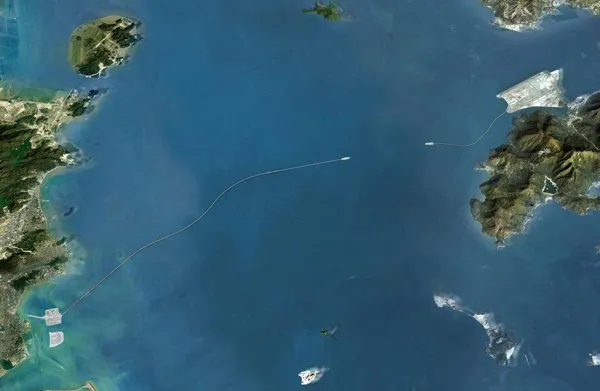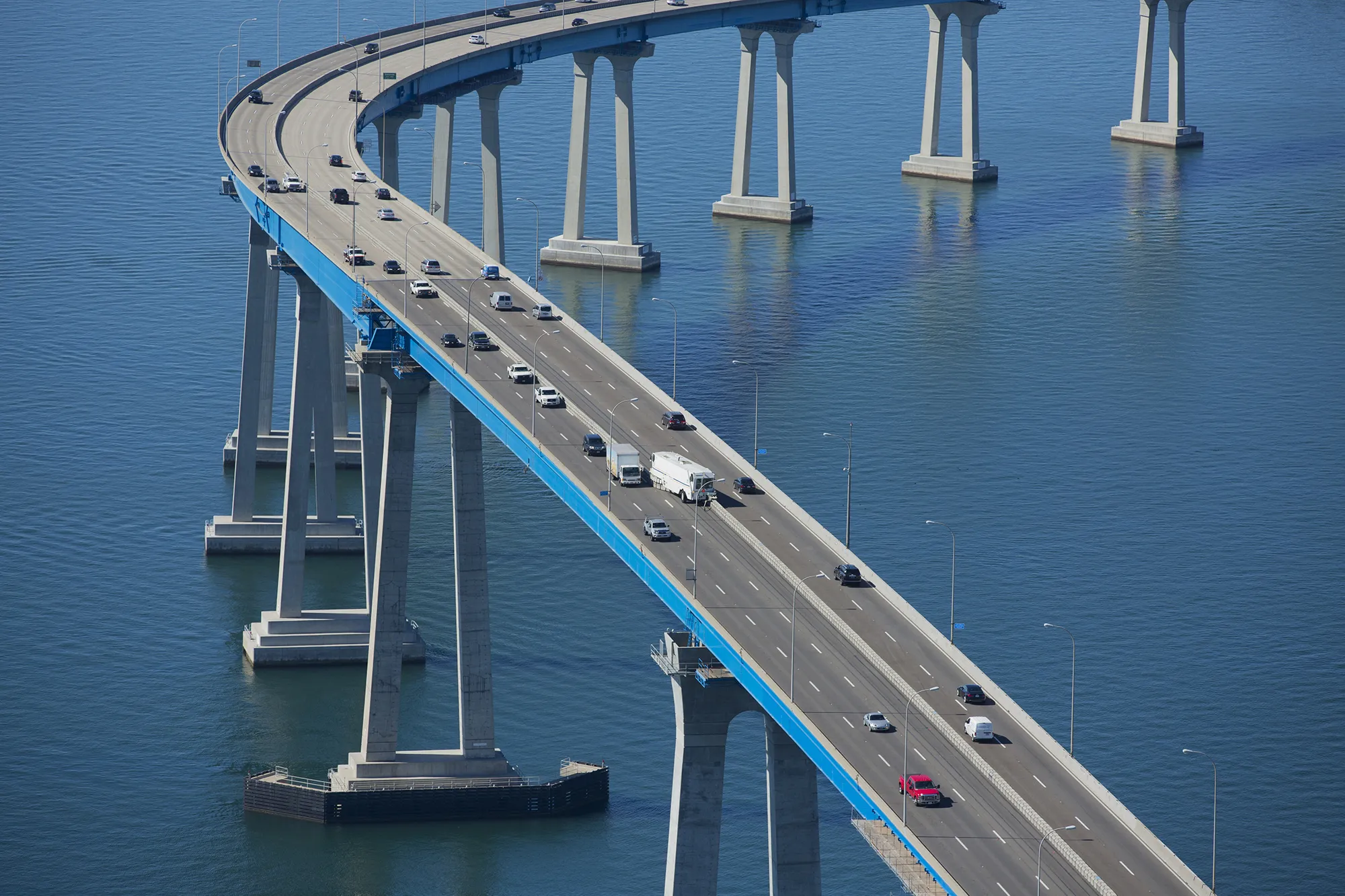Belgium is considering tolling options as a mean to fund necessary road and tunnel developments and upgrades. The Brussels region is expected to spend between €500 million and €1 billion in order to update a series of key tunnel connections, with tolling being considered to raise a part of the funds required. A toll could be applied for the Léopold II tunnel during peak hours. According to Belgian consultancy company Stratec, traffic congestion could be reduced in Brussels by implementing an area charge dur
January 27, 2016
Read time: 2 mins
Belgium is considering tolling options as a mean to fund necessary road and tunnel developments and upgrades. The Brussels region is expected to spend between €500 million and €1 billion in order to update a series of key tunnel connections, with tolling being considered to raise a part of the funds required. A toll could be applied for the Léopold II tunnel during peak hours. According to Belgian consultancy company Stratec, traffic congestion could be reduced in Brussels by implementing an area charge during peak hours. A pay for distance charge could also be used, based on a recording device installed in cars. Brussels suffers amongst the worst traffic congestion in Europe and measures to reduce this problem have been discussed for some time.
Meanwhile the Flanders Region plans to invest an additional €140 million in its transport network by mid-2017. The budget for road works can be increased by €100 million due to pay for use charges on HGVs. A budget of €36 million will be invested in preparatory work for the new Oosterweel link in order to help cut congestion in Antwerp.
Meanwhile the Flanders Region plans to invest an additional €140 million in its transport network by mid-2017. The budget for road works can be increased by €100 million due to pay for use charges on HGVs. A budget of €36 million will be invested in preparatory work for the new Oosterweel link in order to help cut congestion in Antwerp.







